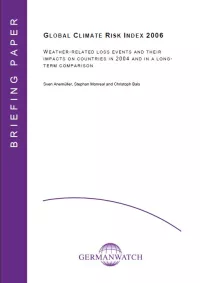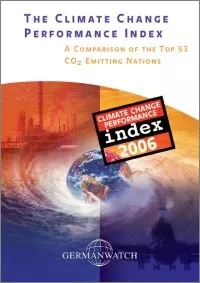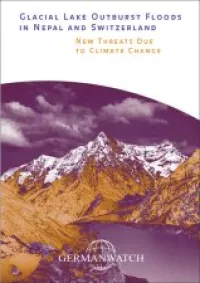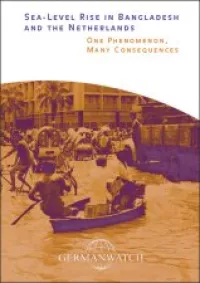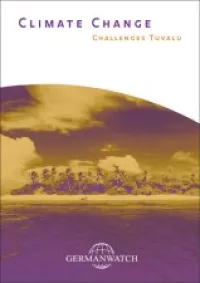
Sweden again ranks in first position in the current Climate Change Performance Index (CCPI 2008). However, even those at the top of the class - Sweden achieved two thirds of the total score - only achieve average grades. The index is published annually by Germanwatch and CAN-Europe and compares the climate protection performances of 56 industrialised countries and emerging economies which together account for more than 90 per cent of global energy-related CO2 emissions.

